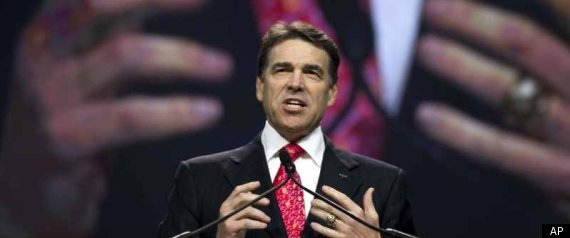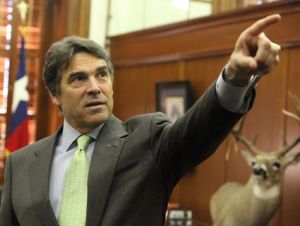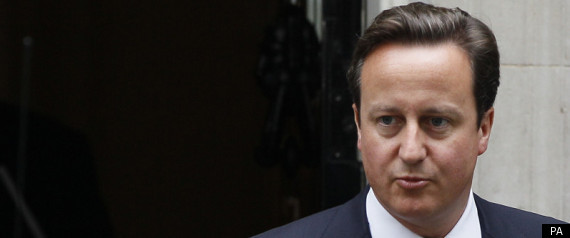An international finding that Canada ranks poorly when it comes to access to the courts should serve as a wake up call to the entire justice system, says Chief Justice Beverley McLachlin.
Speaking to the annual Canadian Bar Association conference today, Chief Justice McLachlin said that Canada placed ninth in a recent ranking of 12 European and North America countries.
The finding - by the World Justice Institute - underlines the fact that justice is increasingly available only to the wealthy or small minority who are so poor that they qualify for legal aid programs, she said.
“This is not terrible, but it shows that we are not doing as well as we should,” Chief Justice McLachlin said. “I think the Canadian Bar Association and other groups concerned about justice have to recognize that this is an area in our justice system that needs attention.”
Speaking to the annual Canadian Bar Association conference today, Chief Justice McLachlin said that Canada placed ninth in a recent ranking of 12 European and North America countries.
The finding - by the World Justice Institute - underlines the fact that justice is increasingly available only to the wealthy or small minority who are so poor that they qualify for legal aid programs, she said.
“This is not terrible, but it shows that we are not doing as well as we should,” Chief Justice McLachlin said. “I think the Canadian Bar Association and other groups concerned about justice have to recognize that this is an area in our justice system that needs attention.”





















